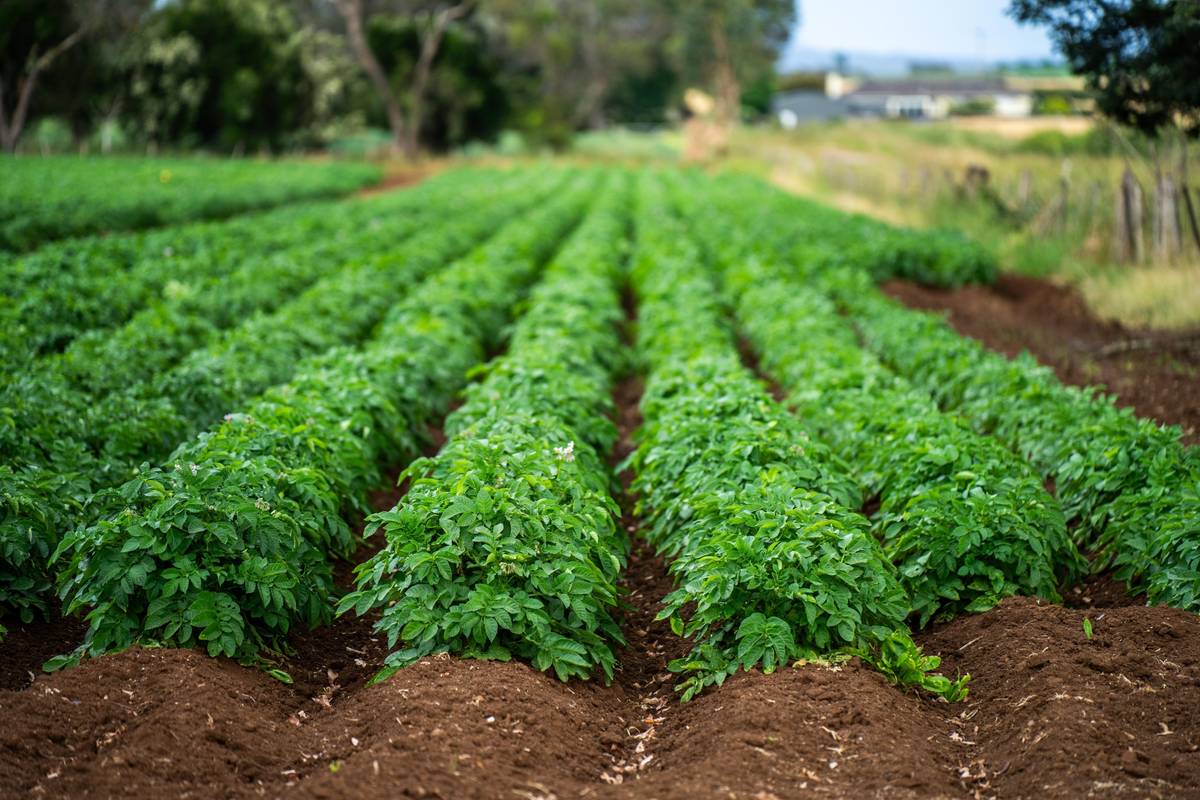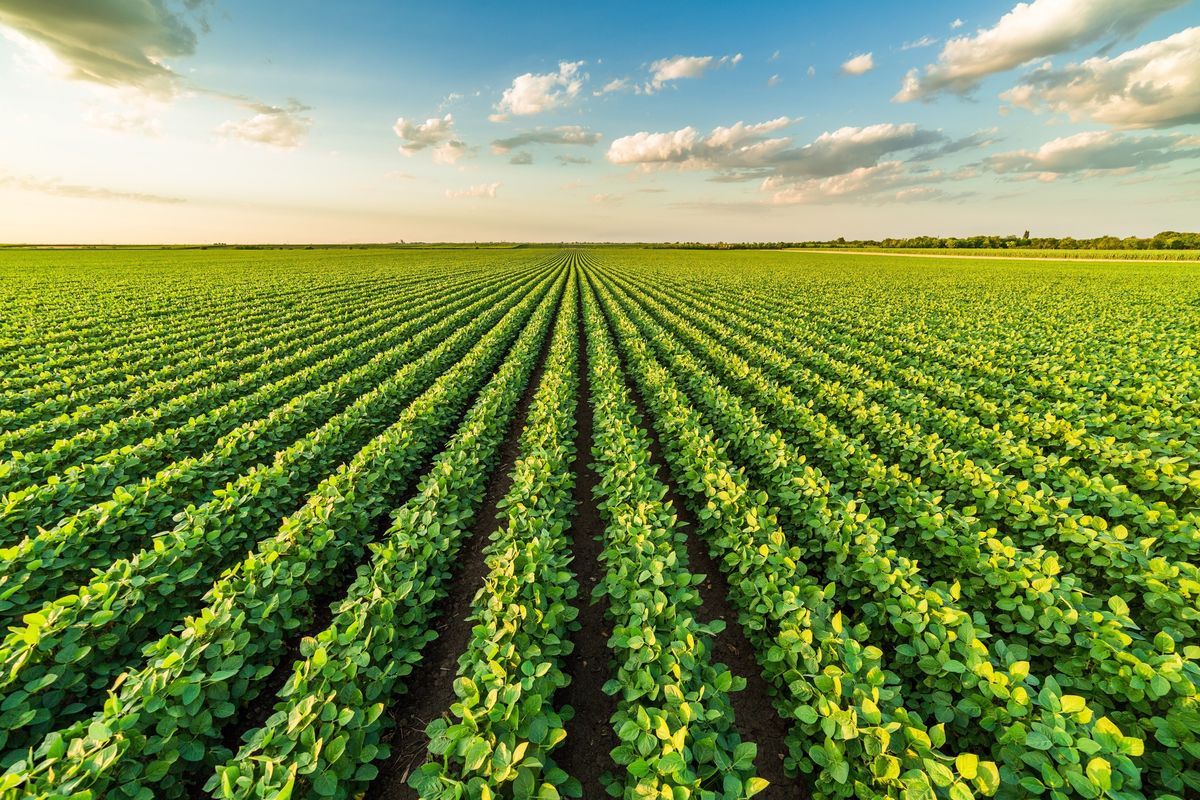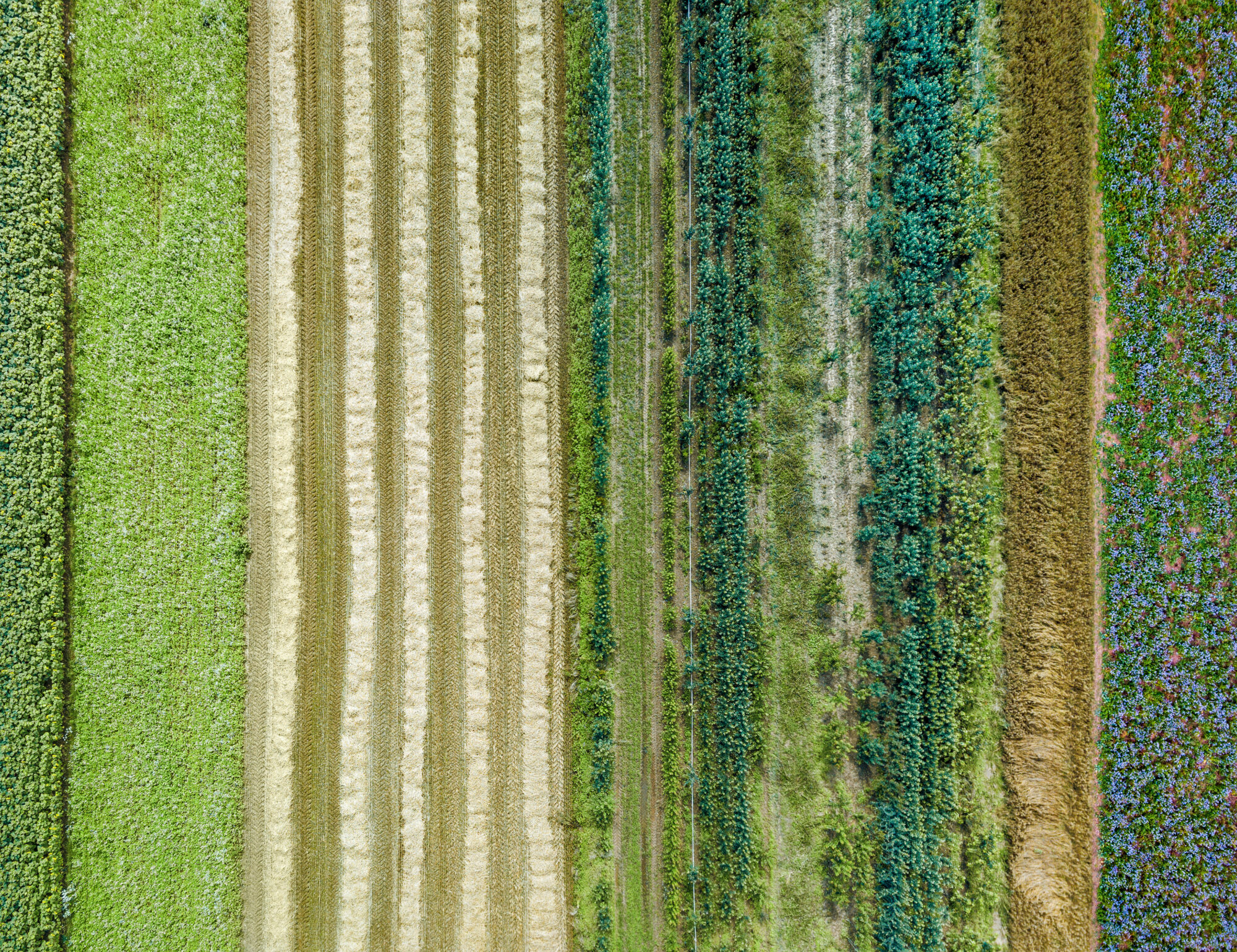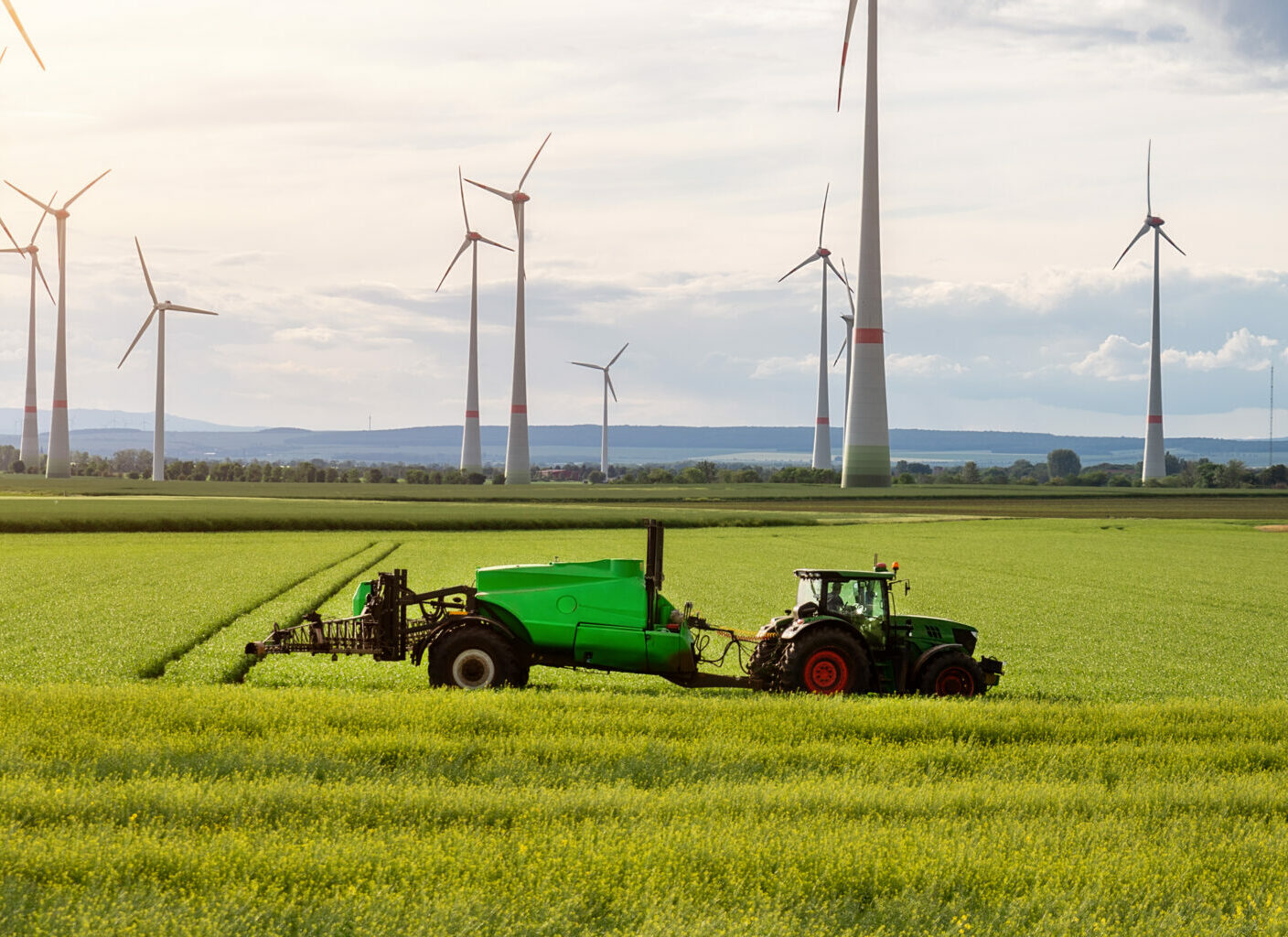Development n°1: governments are encouraging regenerative agriculture in Asia
Asia faces challenges in adopting regenerative agricultural practices due to its local conditions, such as low income of farmers and structural inadequacies which impede farmers’ access to market and finance. Robust government support and commitment to sustainable practices could help to remove barriers and push efforts forward.
Malaysia exemplifies the positive impact of governmental initiatives in this domain. The “MADANI Economy: Empowering the People” framework launched on 27th July 2023 drew out HGHV Agriculture and Agro-Based Industry as one of its 17 Big Bolds where 4 Main Strategies/Initiatives were drawn to increase Malaysia’s resilience of the agro-food sector through regenerative agriculture approaches, climate-resistant crops and the use of AI technology.
The government also allocated a total of RM 200 million under Agrobank to finance facilities as part of the modern agricultural technology. Furthermore, Malaysian Cocoa Board partnered with Nestle to promote regenerative agriculture practices in the region and collaborated in the Nestle Borneo Cocoa Initiative (NBCI). As part of the initiative, the Nestlé Farmer Connect Responsible Cocoa Sourcing (NFCRS) programme in Sarawak was launched to support local farmers through provision of tools and knowledge.
Development n°2: industry stakeholders are working on a collaborative level to empower smallholder farmers
Smallholder farmers in Asia often grapple with limited resources and lack of access to essential infrastructure, technology and markets, impeding their adoption of regenerative practices. Recognizing these challenges, industry stakeholders came together to spearhead expansive regenerative agriculture projects across the region. Collaborative projects help bring together resources and expertise to educate on crop diversification and support technology upgrading.
One notable effort is led by the Livelihoods Funds coalition, with support from partners such as Danone, Mars, L’Oréal, and Musim Mas, undertaking a transformative project in North Sumatra, Indonesia. The project aims to establish a deforestaion-free supply chain for palm oil, rejuvenate degraded land, protect local biodiversity, and improve the socioeconomic welfare of independent palm oil smallholder farmers. It provides 2,500 smallholders with training and supplies to replant their trees and grow other crops for income diversification. The project advocates for regenerative farming practices such as planting of cover crops alongside palm trees, to promote soil health and balance as a sustainable alternative to conventional farming.
Nestle’s NESCAFE Plan in the Philippines is another prime example of how industry players can promote local regenerative agricultural practices. Nestle partnered with farmers, communities, development agencies and others to provide education on Good Agricultural Practices (GAP) especially on regenerative coffee farming practices with the key components of having cover crops, using composting for fertilizers, agroforestry and intercropping. The project received recognition from the Philippines government, and led to Nestle providing training to government agronomists in support of the nation-wide initiatives to boost coffee production.
Learn more about how our team can support you in your agri-food consulting needs >
Development n°3: impact investors are catalysing advancements through increasing interests and funds
Impact investors prioritize both positive social and environmental impacts alongside financial returns in their investments. With a growing emphasis on climate change and sustainable farming, they are increasingly allocating funds and attention to regenerative agriculture projects in Asia. These investments offer opportunities for companies seeking to address agricultural challenges in the region. This endeavour is expected to stimulate the emergence of new ideas and startups, fostering innovation and extending the influence of sustainable agriculture in Asia.
A venture capital in Singapore, Silverstrand Capital, focuses on creating positive impact for nature, with two investment themes: nature-based solutions and nature tech companies. Nature-based solutions involve regenerative agriculture, and restoration of the environment, while nature tech companies focus on innovative hardware and software solutions that enable the implementation of nature-based solutions. They have also launched an accelerator programme, Biodiversity Accelerator+, to support companies from around the world scale their businesses and create a positive impact on biodiversity in the region. These initiatives are expected to support innovation in regenerative agriculture, build capacity in the ecosystem within the region.
Regenerative agriculture in Asia while in its early stages compared to the West, is gaining traction, as evidenced by the collaborative initiatives and increasing support from various stakeholders. The region’s advancement requires a tailored approach that balances government initiatives, educational programs, and financial and technical support. With stakeholder support and increased funding, regenerative agricultural practices have the potential to transform agriculture landscape in Asia, promoting a more sustainable future.
The Alcimed team can support you in this transition to sustainable farming and promote the future of our foods. Don’t hesitate to contact our team.
About the authors,
Iswan and Priscilla, Project Managers in Alcimed’s Life Sciences Team in Singapore
Charmaine, Consultant in Alcimed’s Life Sciences Team in Singapore



